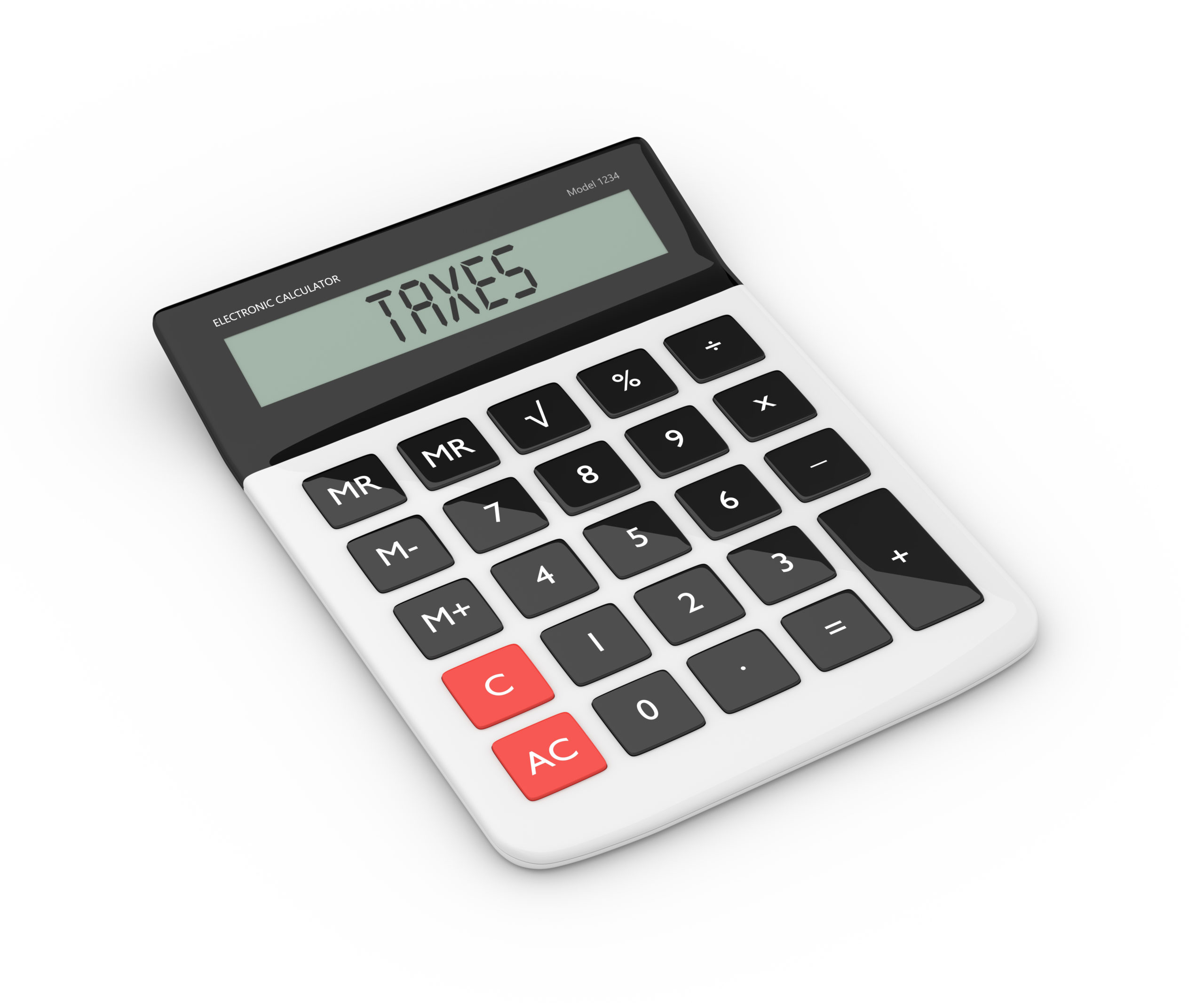 This month we’re focusing on answering some of the most common “quick questions” that clients asked. If you missed our previous posts in this series, you can find them here, here, and here. All caught up? Great! Let’s jump into our final quick question: “How much should I pay in estimated tax payments?”
This month we’re focusing on answering some of the most common “quick questions” that clients asked. If you missed our previous posts in this series, you can find them here, here, and here. All caught up? Great! Let’s jump into our final quick question: “How much should I pay in estimated tax payments?”
It may seem easy enough to take whatever your client paid last year, divide by 4, and turn that figure into your “estimated quarterly taxes” number. But before you do that, let’s back up just a bit.
While most CPAs look at tax projections and treat them like established plans, there really is not but planning involved. Tax projections estimate how much a business is expected to owe but make no room for planning how to reduce the amount owed or when and how to pay those taxes.
Before making the final call on estimated tax payments, here are a few things to consider and discuss with your clients.
Changes in income: If your client doesn’t pay enough tax (through withholding or through estimated tax payments), they may be responsible for an unnecessary penalty. So if your client’s income is more this year than it was last year, you will need to help them adjust their payment amounts to account for the increase in income.
Payment due dates: Estimated tax payment due dates are established by the IRS. If your client fails to make a payment by the due date for that period, they could incur a penalty. All it takes is a little bit of proactive planning so help your clients keep track of these due dates and make their payments in a timely manner. This also has the added benefit of avoiding paying the IRS sooner than legally required, giving your clients more time to keep cash circulating in their business.
Track taxable income closely: Payment isn’t required until there is income on which tax will be owed. If all of the client’s income for 2017 will be subject to tax withholding, estimated tax payments are probably not required.
One time payment vs. payment plan: The first payment must be made by the due date for the first payment period. Some clients may decide to pay all of their estimated taxes at that time while others may opt for an installment plan, making each payment by the due date for each payment period.
Previous year’s tax liability vs. projected income for the current year:
Your client will generally have to pay estimated tax for the current year if they:
- Expect to owe at least $1,000 in tax this year after subtracting withholding and credits
- Expect withholding and credits to be less than the smaller of:
- 90% of projected taxes owed on taxes for the current year
- 100% of the tax shown in the previous year’s tax return (110% if the adjusted gross income for the previous year was over $150,000)
Your client is not required to pay estimated tax for the current year if all of the following are true:
- They had no tax liability for the previous year
- They were a U.S. citizen or resident for the entire previous year
- Their previous tax year covered an entire 12-month period
Use the 2016 return as a starting place and then make adjustments for changes in income as well as changes in the tax law. This will allow you to make a good estimate of expected gross income, taxable income, and taxes and credits for 2017 which will give you a good idea of what your expected tax payments should be.
Taking the time to evaluate all the factors and make a truly educated estimate of what your client will owe in taxes this year can help the client to avoid paying more than the required minimum. Considering all of the points we’ve mentioned is a great way to make sure your clients avoid unnecessary penalties, have as much time as possible to use their money within their business, and that the IRS gets paid the right amount, on time, every time. This truly will set you up for success from the beginning and at the end of the year, everybody wins.





